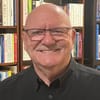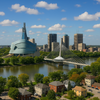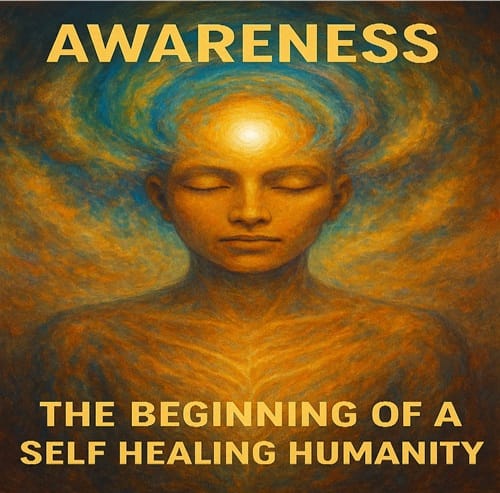Honoring Dignity in the Age of Data — Part II
Awareness has become both effortless and elusive. We can summon more information in one minute than our ancestors could in a lifetime, yet rarely pause long enough to absorb what that flood means.
-
3 min read






